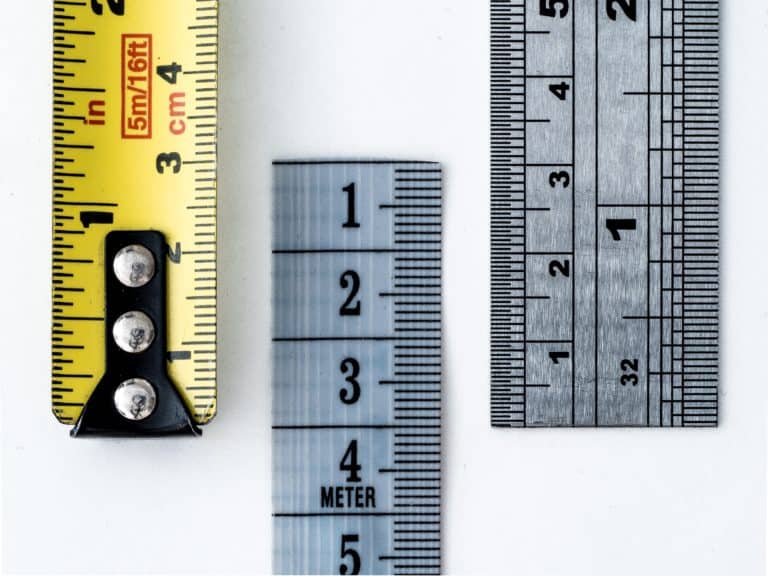Mistake #1 – Partnering with a resource-scarce landlord
As much as your business requires thoughtful planning, your landlord needs to have a plan for your business.
We can probably assume you want to grow your business. Well, what is the plan when you grow out of your space? Your landlord should develop their resources as your business grows too.
Is your landlord flexible like Gumby?
To be clear, we are not insinuating that they can do the splits like a Gumby doll. Although if they can, and they are over 40, that is a skill worth noting!
In the course of your business’s lifetime, there is a strong chance your needs are going to change:
- This could be a building expansion to add on to your growing business
- Maybe you need to add equipment for a change in the industry
- Perhaps you need a whole new building that is larger than the one you are in during the term of your lease?
- Maybe you need to renovate the office for more staff or add a new sales showroom?
There are too many variables to list here, but one of the most important questions you can ask is:
How many buildings does the landlord own?
This is important because the hope is that is the landlord has multiple buildings like we do at Reinhart. If your needs change, and they likely will, you could possibly move into another building during the term of your lease. At Reinhart, we have done more than 100 moves and/or alterations to help tenants with their changing needs.
Mistake #2 – Being Lazy with Numbers
Should you buy or rent?
This depends on who you ask – the landlord says you should lease, and the contractor says you should build and buy!
Here’s what we have seen:
- Many large companies that we lease to do not own their own building because they receive a better return on their money from their business equipment or from producing their widget than they do from owning a building.
- Many large companies don’t want to deal with the operation of a building and would prefer a landlord to deal with it. They also like the fact that when the lease ends and they want to leave the area, they can leave – without having to sell the building first.
- Many small companies lease to get started because they may not have the capital to buy or build at that time. They, like large companies, want to use the capital to build the company and they often get a better return doing that. They may also want to see what the market does or to have options to see how their business grows, and then build when they know exactly what they need.
Why do people want to own buildings? Real estate in the right county or city can be a great investment. On average (when placed in a good area) it keeps going up in value. Maybe a business owner wants to build a building for their business and sell the business or live off of the rental income when they retire.
What does it cost to own instead of lease? Let’s say you have an option of a mortgage of $10,000 or a lease payment of $10,000 per month – which is more expensive? Sounds like a trick question…
The answer is….
It costs more to own than to lease, from a tax perspective.
- A lease payment is a 100% write off which means you can write off $10,000 x 12 months = $120,000 per year.
- When you’re buying a building, the write off is only approximately 3% of the building payment and 0% on the land! What?!!
Without getting too far down the rabbit hole of a tax lesson, it takes more cash per year to pay extra taxes and purchase a building.
*Note: Not all factors are included in this example. This does not mean you should not buy a building. Do the numbers, and if it makes sense, purchase a property!
Should you put it in a holding company or in your operating business company? We will have to meet in person to get that answer. See you soon!
Mistake #3 – Forgetting To Set Up A Maintenance Contract
To start off, in most triple net leases, the tenant is responsible to keep the building in a similar condition that they received it in.
Once again, the condition report of the building (plumbing, mechanical, electrical, etc.) before moving in is important. This will help you, as the tenant, to prove that you have maintained the condition of the building.
We understand that there is much to learn about maintaining a building, especially for new clients in their first business. We are reasonable with our clients, and we try to help them out if a maintenance issue is a grey area.
Who should you use to do the maintenance work on your building? Use quality trades. You are ultimately responsible if a mess or a mistake was made by someone you hired to work on the building. Reinhart has a list of professional trades that we trust and use often because they know the properties. When a tradesperson knows a property, it can help you save money because they know the history and might even know what the issue might be before they arrive to look at it. Some of our trades have a repair history on each building and can refer to it to help troubleshoot an issue quickly.
General maintenance to a building may include re-setting doors, painting outside bollards, fixing bent steel, etc. A good maintenance person will get the work done better, quicker and needs to be someone you trust to be inside your building even if you are not there.
Should you set up a maintenance contract for plumbing, heating, water softener, etc.? ABSOLUTELY! Why?
- What happens when the digital battery dies on your thermostat?
- Exactly! It freezes the building. We have seen it happen.
- What happens when the furnace air filters are not changed or cleaned? Let’s see:
- Some furnaces will stop working,
- Some will burn more gas because the hot air is not flowing throughout the building a quick as it should.
- It can even ice off the air conditioner to make it stop working, and if this happens a few times it can cause costly a/c repairs.
The maintenance contracts can be 10 times less money than fixing or replacing equipment from going without maintenance.

